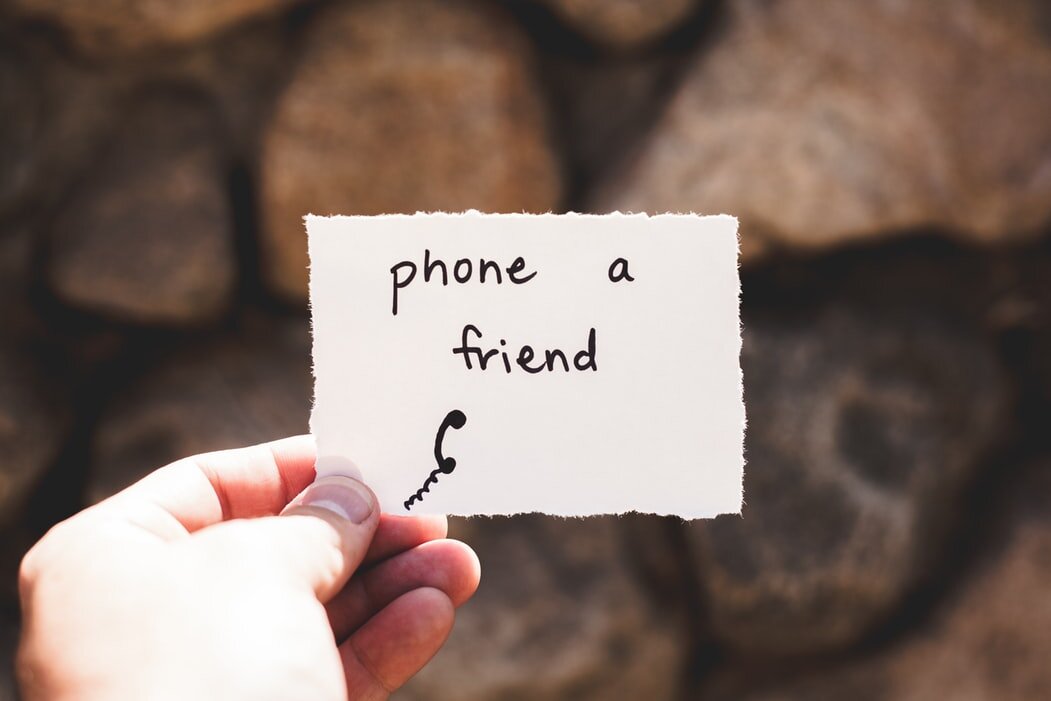Anxiety affects people every day. Some people might experience anxiety periodically, while others wake up with a dreaded fear-like feeling and live in a state of constant mental discomfort every day. Living with anxiety is not an easy task, but there are ways to cope with the condition to improve your state of mind of quality of life. Here are some tips about what not to do when dealing with anxiety:
Do Not Keep Your Anxiety A Secret:
Some people feel ashamed to talk to others about their anxiety and feelings of worry. Often though, your good friends or caring family members will likely offer support, rather than criticism. If you are uncomfortable speaking to your support network, reach out to a mental health professional- it’s our job, and our pleasure to help! Not mentioning your anxiety might intensify the feeling if you can’t stop thinking about it and you’re actively trying to hide it.
Do Not Ignore Or Become Angry About Your Thoughts:
Suppressing your thoughts often brings them up more because they haven’t been acknowledged. Attempting to battle or ignore your thoughts throughout the day can be more exhausting than sitting with what’s going on and putting the work in to cope and process your feelings in a more productive way.
Try Not Avoid Triggers:
Avoiding triggers that induce anxiety makes sense at first however, avoiding stimuli that bring up anxiety can potentially increase the feelings of worry over time, as well as validate the fearful thoughts that are your anxiety. For example, if someone thinks that the dark clouds in the sky is the trigger that induces anxiety, not going outside on a cloudy day may validate, rather than challenge these thoughts, as that person may sit inside worrying about getting anxious and thus, become anxious.
Avoiding triggers can increase stress and change the way you live your life. You control your thoughts, not the other way around. This can be very difficult for some people, and facing stimuli may increase anxiety, if that’s the case for you, seek professional help. You can overcome this and get back to enjoying your experiences (without that anxiety niggling in the background).
Try Not Cope Using Vices:
Developing or intensifying bad habits to deal with anxiety has a few negative consequences. Coping using substances or addictive behaviours (gambling, shopping, sex) masks anxiety temporarily and does not allow you to deal with the root of the problem. Specific unhealthy coping habits can increase anxiety in the long run due to the way that your brain is wired. Turning to vices can potentially take your anxiety from bad to worse while preventing positive coping methods from being implemented for the good kind of change.
Do Not Isolate:
Sitting alone is not the best idea when anxiety is present. Focusing on anxiety can intensify it and allow your worrisome thoughts to take over. Before you know it, you may feel like you’ve spiralled into a hole. When this happens, there may be physical symptoms that come up such as an upset stomach and lethargy (to name a couple). There are many quick methods to help you break your focus and move into the present.
Do Not Allow Anxiety To Define You:
Anxiety may be a piece of you, or something you experience often, but that it- that’s all. It does not define who you are. Keep a hold of the other aspects of yourself, and understand that this condition does not define or control you. You have the power- not the anxiety, no matter how tough that is to believe for some. If you’re looking for anxiety therapists in Vancouver, get in touch with Sana Counselling today!

